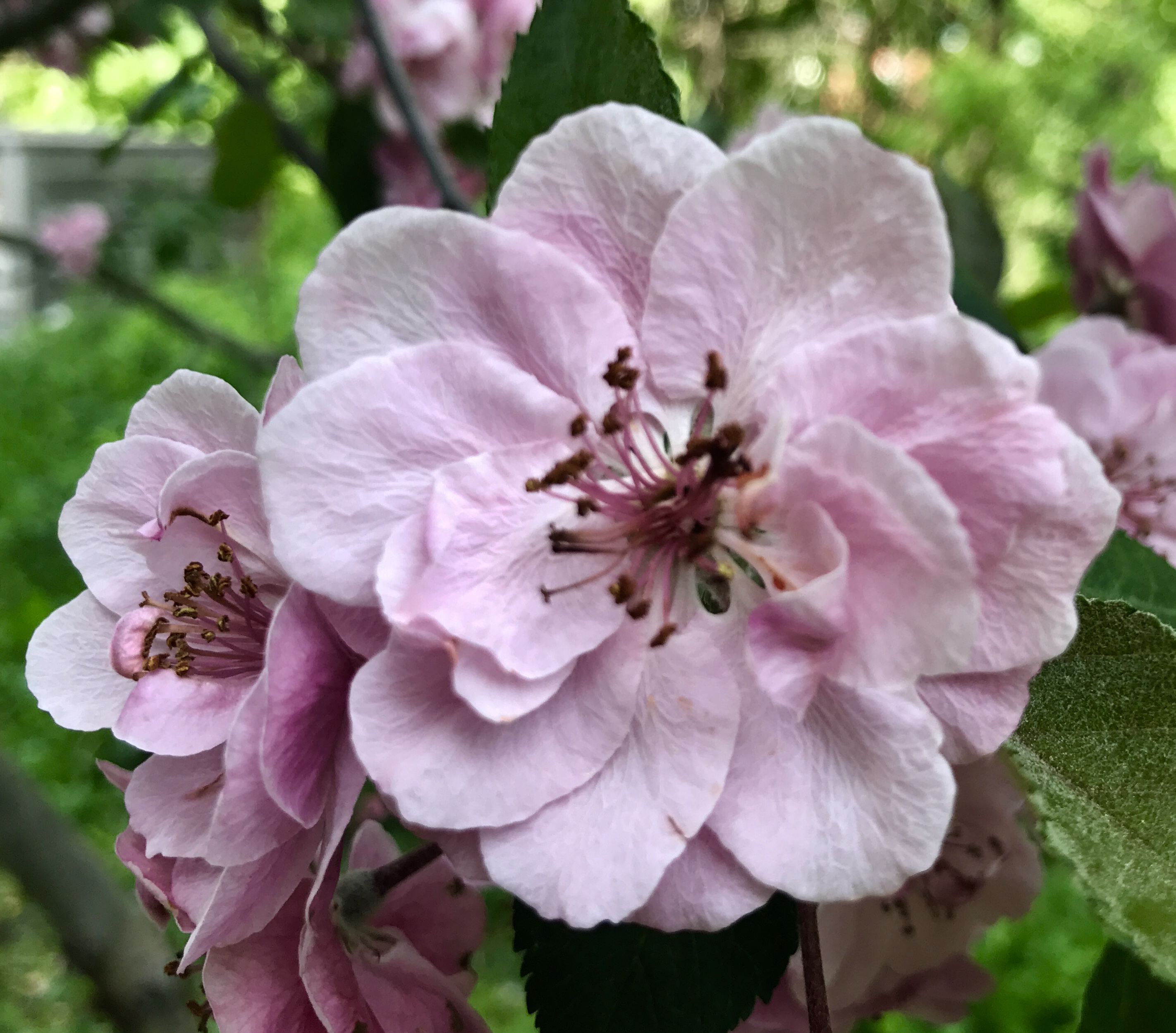
Here’s the weird thing about this March: cabin fever is not a thing. March has always marked the time of year when snow and cold has piled unrelentingly on us for veritable months. Not so, this warm year. But climate change does squat for the dearth of light, and certainly nothing for the dissatisfaction that’s creeping into our social consciousness. I am a woman who craves the planetary might of blooming crocuses, the radiant headiness of a forest strewn with spring beauties, the serene hover of a bee tucked into a downy apple blossom. Patience, patience.
Walking home from the library, a sudden snowfall drenches my eyelashes.
On this early morning, poetry:
Strewn
It’d been a long winter, rags of snow hanging on; then, at the end
of April, an icy nor’easter, powerful as a hurricane. But now
I’ve landed on the coast of Maine, visiting a friend who lives
two blocks from the ocean, and I can’t believe my luck,
out this mild morning, race-walking along the strand.
Every dog within fifty miles is off-leash, running
for the sheer dopey joy of it. No one’s in the water,
but walkers and shellers leave their tracks on the hardpack.
The flat sand shines as if varnished in a painting. Underfoot,
strewn, are broken bits and pieces, deep indigo mussels, whorls
of whelk, chips of purple and white wampum, hinges of quahog,
fragments of sand dollars. Nothing whole, everything
broken, washed up here, stranded. The light pours down, a rinse
of lemon on a cold plate. All of us, broken, some way
or other. All of us dazzling in the brilliant slanting light.
— Barbara Crocker




